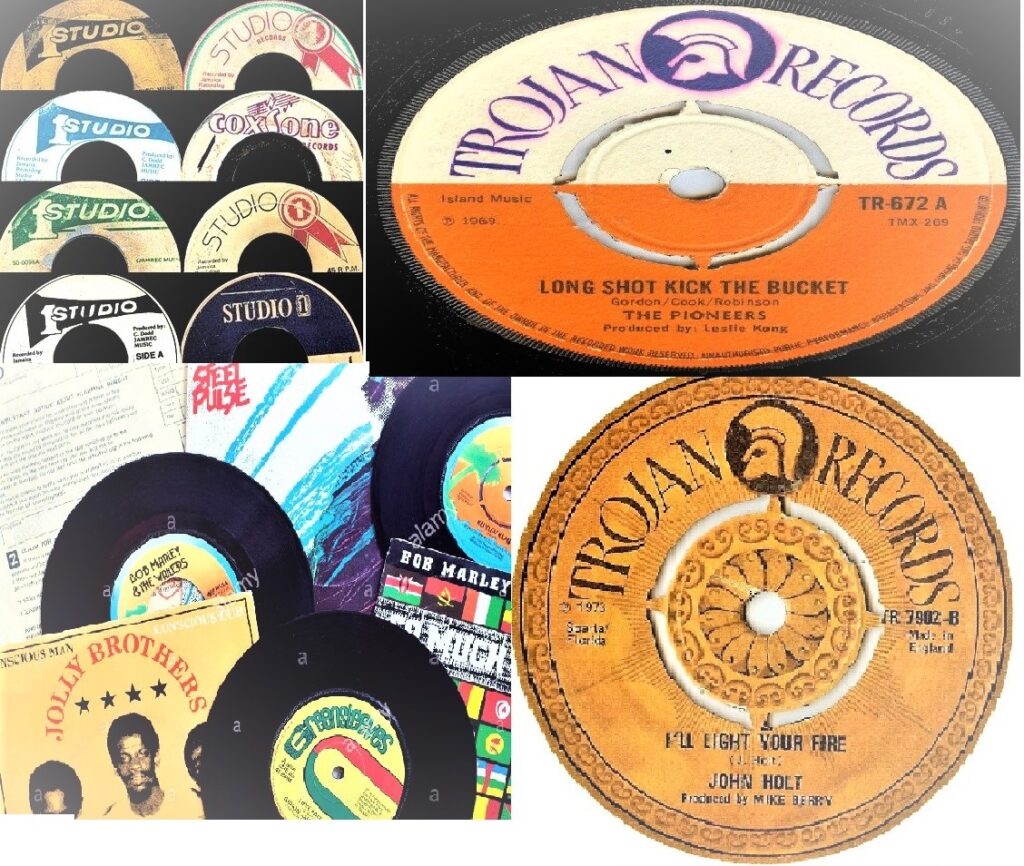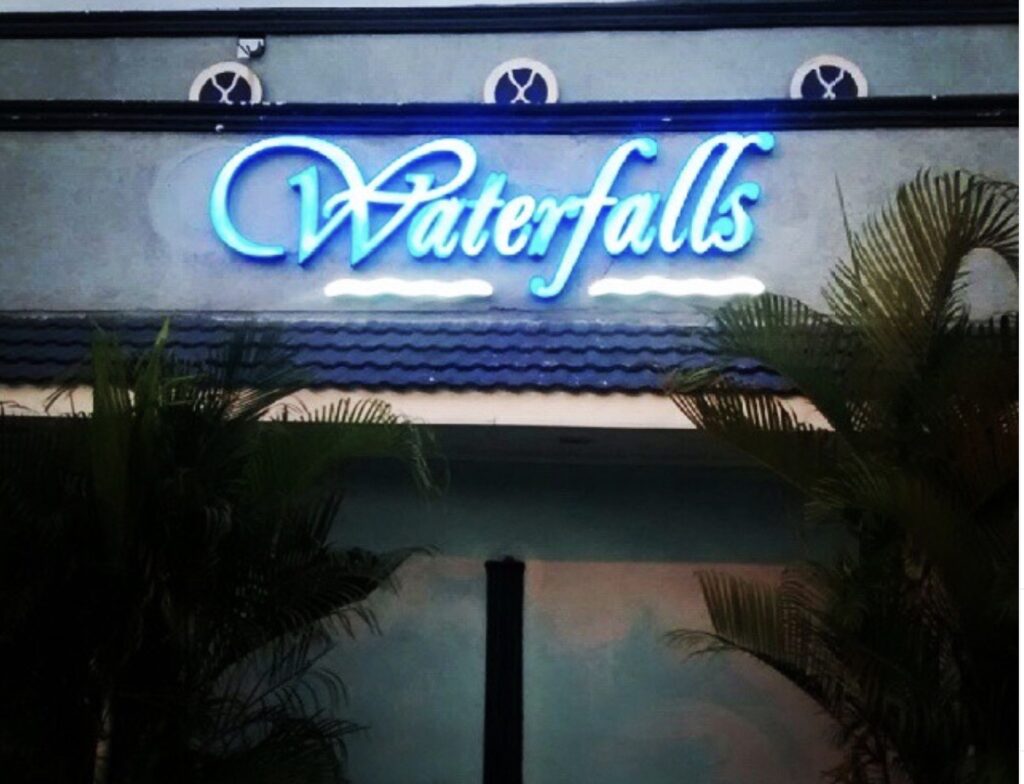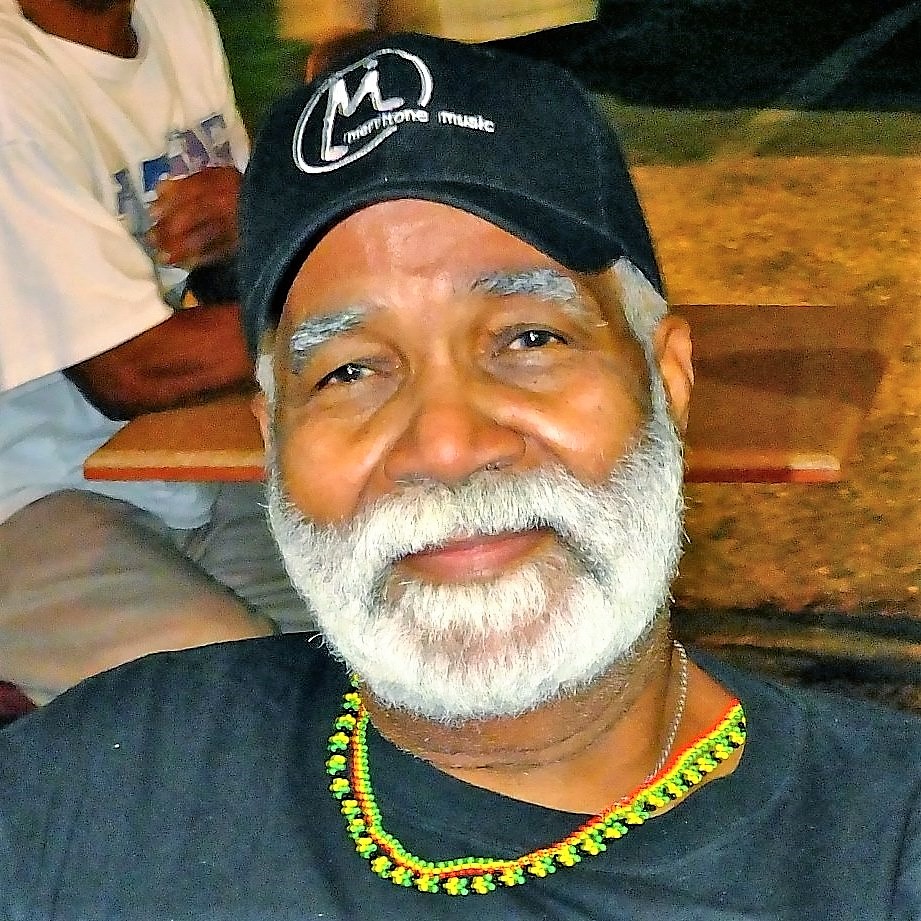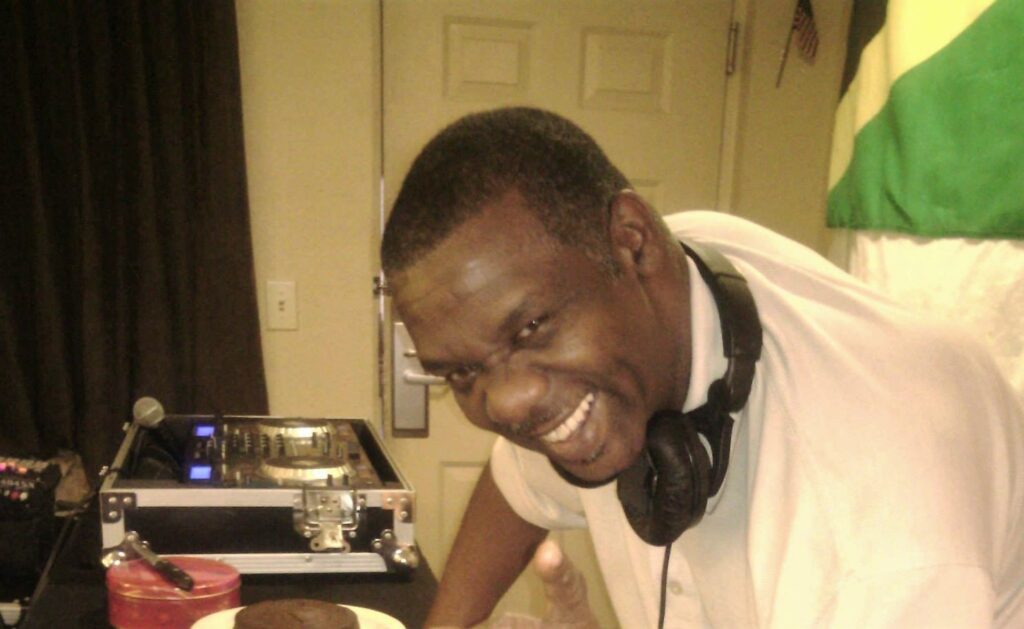
When the sun sets in Jamaica the night lights usually go up in clubs and on dancefloors across Kingston and popular urban centres. As Monte Blake reeled off names like Turn Table, Tit for Tat, Top Hat, Stables and El Rancho, which were once located on the Red Hills Road strip, a picture emerged of a vibrant city, a real party town.
Truthfully, the entire island throbs with a syncopated beat that is incredibly infectious, reminding us of Bob Marley’s famous words, “When the music hits you, you feel no pain.”
Sadly, since March, the coronavirus pandemic has put night-life on pause. Terms like “lock-down” “curfew” and “quarantine” have been fused into everyday language and the consequence is that patrons are robbed of solid interactions and lively entertainment. Seven months later there is still no time-line for when things will change or even what normal may look like.
So close your eyes and imagine a time before March 2020. In the birthplace of ska, reggae and dancehall, and where sound systems like Merritone, Mellow Canary, Duke Reid and Sir Coxsone’s Downbeat Sounds were nurtured, music is understandably the local language. One person who understands this language better than most is Monte Blake, whose father formed Merritone Discotheque 70 years ago. Blake and his brothers took on the mantle afterwards.

The boys from Morant Bay, St. Thomas, were relied on to play locally-produced music because the local radio station was not into promoting indigenous music and it simply would not oblige. Sound systems and juke boxes became the conduit for local producers to push the fledgling music.
“We were known as the people’s radio,” Blake recalls.
Ripping through venues like VIP Club, Sombrero, Copacabana, the Wheel and Peyton Place, Merritone eventually found a home at Turn Table, on Red Hills Road where they lived for 28 years. With a mixture of live bands and sound systems, persons would club hop along the strip, sampling the different offerings.
“We used to dress to the nines,” recalls Pansy B, a retired nurse. Pansy and her friends would go clubbing on Saturday nights, usually escorted by her brother Richard, since it was not a great look for two women to arrive at the club by themselves.
“What I loved about Turn Table is the fact that even if I was the last one on the dance floor, the music would never end,” reminisces Pansy.

Merritone played the kind of music that was fit for romance. “Romance in the dance” was their mantra. Blake recalls that love songs played in their sessions, sealed the deal for many couples whose life-long relationships began right there on the dancefloor.
With time many people emigrated to foreign lands but they couldn’t shake the memorable times. The Merritone Reunion and Homecoming pulled them back to Jamaica for nearly three decades, during their October celebrations. Social distancing, travel restrictions and self-isolation have now put a damper on such events.
As the music made its way through the decades many adjustments were made. Blake remembers at first there were shellac records. A cut in production was ordered during World War 11, as shellac was used to make explosives. As shellac faded it was replaced by vinyl which was followed by 8-track and cassette tapes and then came digital compact discs. There were various speeds of rotation, ranging from 78 RPM to 33 RPM. As a man in the business of music, Blake celebrates the fact that he has kept pace with all the new formats introduced by technology.

The younger generation of DJs include Tony Owens who has transferred his skills from Kingston to South Florida, where he now presents music shows on Internet radio, Jusmuzic, on Saturday and Monday. Those who followed Tony’s “Epiphany” on RJR are now enjoying “Into the Lyme Light” with music from back in the day, appealing to the mature adult.
Owens spoke highly of Merritone and Gladstone Parker “Gladdy” for their role in advancing local music. He says the Internet has levelled the playing field for DJs. “Few records remain exclusive,” he mused. But Owens is proud of the collection he has amassed over the years. He cited one of the gems in his collection called “Cuss Cuss” which was produced by Harry J. He boasts that not even the producer had a copy.
Music lovers will agree that many things have changed over the years. First, it was the violence on Red Hills Road and safety concerns in other parts of the city, that drove the party crowds away. Blake also bemoans the fact that few people go out to dance these days. “Parties are now a spectator sport,” he quipped. But the greatest zinger of all has been the covid pandemic.